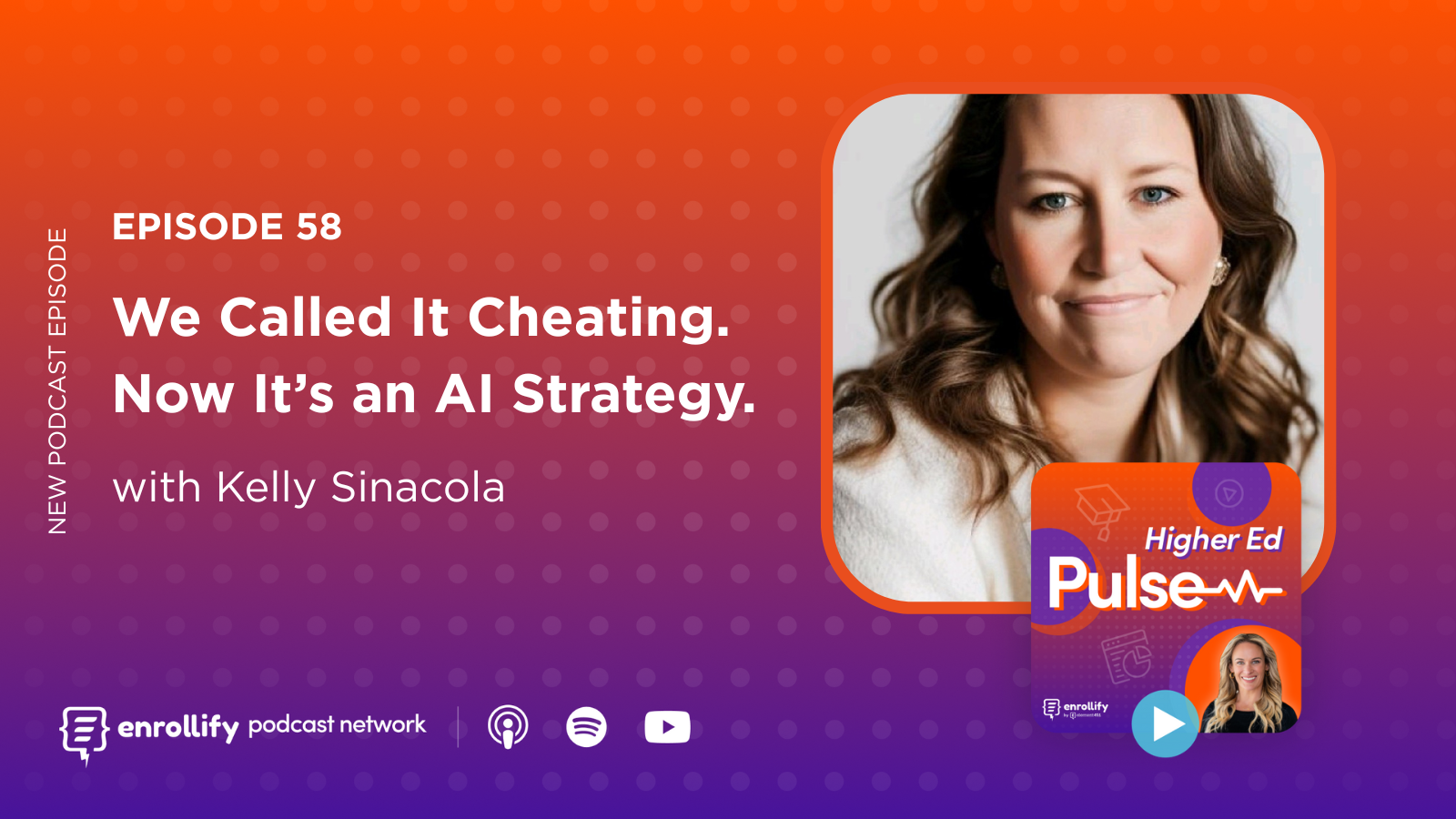About the Episode
About The Episode:
In this timely episode of Generation AI, hosts Ardis Kadiu and Dr. JC Bonilla examine how the recent election results could reshape AI's role in higher education. They analyze potential shifts in AI regulation, funding, and innovation under the new administration. The hosts explore how changes in merger policies and efficiency mandates might accelerate AI adoption, while also discussing the cautionary tale of Chegg's dramatic market value loss due to ChatGPT's emergence. This episode offers crucial insights for education professionals navigating the rapidly evolving intersection of politics, AI, and higher education.
Key Takeaways
- A new administration may bring a more hands-off regulatory approach to AI, potentially accelerating adoption across sectors, including higher education.
- Expected deregulation could encourage more mergers and acquisitions, stimulating investment and innovation in AI startups.
- The push for government efficiency may lead to broader AI integration in public systems, benefiting sectors reliant on data processing, like higher education.
- A shift toward open-source AI models could create global competition, affecting educational tech and data privacy.
- AI-driven innovation may empower smaller, AI-first companies to challenge established incumbents in the education sector, as seen in Chegg’s recent struggles against AI-generated learning tools.
Episode Summary
What Could a New Government Mean for AI and Higher Ed?
Ardis and JC predict a shift in regulatory policies, emphasizing how a GOP-led administration might embrace a "hands-off" approach to AI, moving away from previous oversight-heavy policies. With AI becoming increasingly integral in both corporate and educational landscapes, less restrictive policies could pave the way for rapid advancements in how AI is utilized. The Biden administration's executive order on AI regulation previously emphasized safety, data privacy, and discrimination prevention, but these controls may see a rollback under a new government, potentially simplifying AI integration in education and other sectors. This shift could open the doors for universities to experiment more freely with AI technologies to enhance student engagement, support academic administration, and personalize learning experiences.
Will AI Startups Thrive Amid Deregulation?
As regulations relax, there’s potential for more mergers and acquisitions, allowing larger companies to absorb AI-driven startups. Such activity would enhance the tech ecosystem and increase financial incentives for AI innovation. JC and Ardis discuss how deregulation could increase liquidity and attract venture capital, encouraging new startups that require fewer employees thanks to AI’s efficiency. This shift could be transformative for higher education, as universities may soon partner with emerging AI startups that offer streamlined solutions for enrollment, data management, and personalized learning.
Efficiency and AI in Government: A New Era of Innovation?
The potential for AI to drive efficiency across sectors is undeniable. Ardis and JC explore the concept of government-led efficiency, speculating on the influence of prominent tech figures like Elon Musk and the implications for higher education institutions. AI solutions may support leaner administrative processes, enhance data-driven decision-making, and enable educators to deliver more tailored support to students. The podcast highlights a promising landscape where universities could benefit from AI advancements in public sector efficiency and bring similar practices into institutional management.
How Will Global AI Competition Affect Higher Ed?
Ardis and JC examine the competitive dynamics between the U.S. and international players, particularly in light of open-source AI models and their use in educational applications worldwide. AI-first solutions are becoming essential for maintaining a competitive edge in the education market, and the podcast underscores that institutions must keep pace with evolving AI capabilities. With global adoption and potential regulatory changes, it’s clear that universities should prioritize AI literacy among students and faculty to leverage technology in innovative ways, preparing for a future where AI's influence will only grow.
Can AI Replace Established Education Giants?
A key discussion centers on Chegg's rapid decline, attributed to the rise of AI tools like ChatGPT. Chegg’s challenges illustrate the disruptive power of AI and suggest that educational companies must adapt or risk being displaced. With students increasingly turning to free AI platforms for personalized, fast, and reliable responses, traditional education support companies need to rethink their value propositions. This shift highlights an emerging trend where universities may either integrate AI tools into their curricula or collaborate with tech providers that lead in adaptive learning technology.
This episode sheds light on the transformative potential of AI in education, urging higher ed leaders to stay informed about policy changes, embrace new AI tools, and foster partnerships that will enhance their institutions’ competitiveness in a rapidly evolving digital landscape.
Connect With Our Co-Hosts:
Ardis Kadiu
About The Enrollify Podcast Network:
Generation AI is a part of the Enrollify Podcast Network. If you like this podcast, chances are you’ll like other Enrollify shows too! Some of our favorites include The EduData Podcast and Visionary Voices: The College President’s Playbook.
Enrollify is produced by Element451 — the next-generation AI student engagement platform helping institutions create meaningful and personalized interactions with students. Learn more at element451.com.















